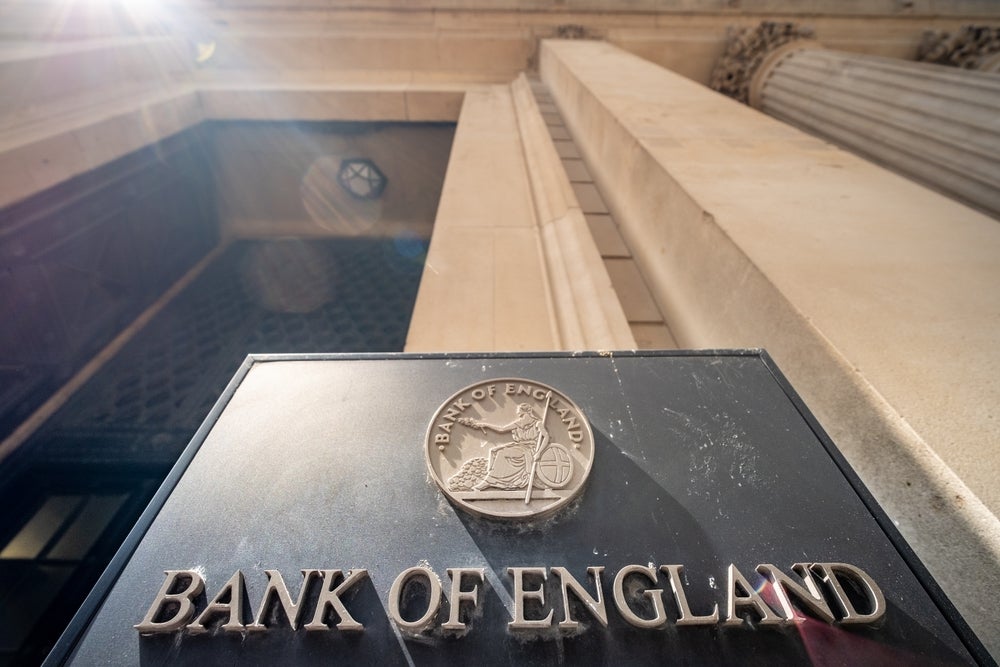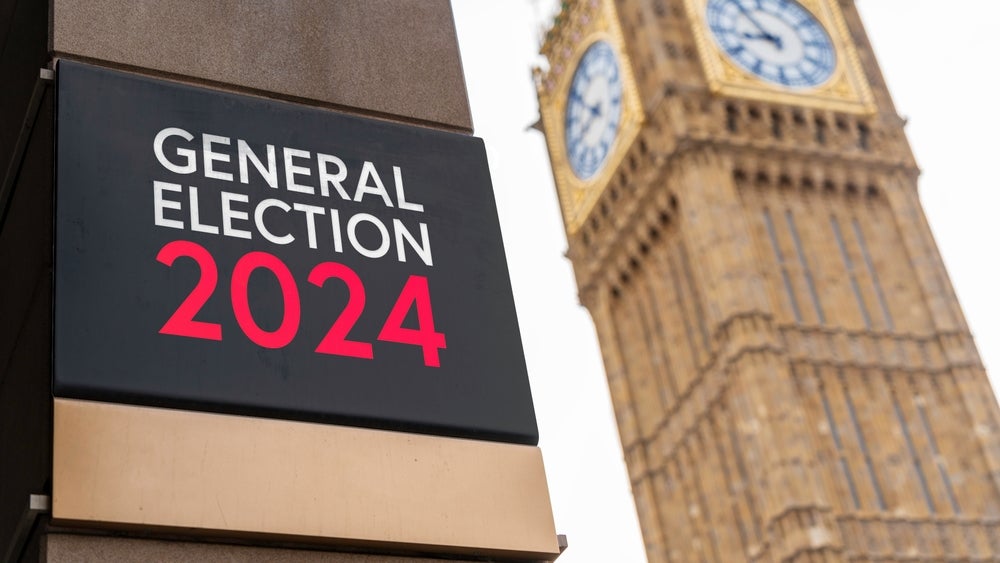Former International Accounting Standards Board (IASB) chairman David Tweedie claims banks’ efforts to get around IFRS exacerbated the banking crisis and not the rules themselves.
Institute of Chartered Accountants of Scotland president Tweedie, who was giving evidence before the UK Parliamentary Commission on Banking Standards which is trying to establish whether or not IFRS played a role in the banking crisis, denied thinking the standards were ‘impeccable’ adding they "could have worked, should have worked and we expected them to work."
"[However,] once you have a situation like that you have to say ‘OK behaviourally it is not working so let’s go to the expected loss model’ and we produced one very quickly and it was very simple. What we really said is, for this tranche of loans, whereas you normally lend at 4% because of the risk involved in this you’re going to lend at 6% expecting 2% losses and that you will get later on," he explained.
"What we proposed was ‘since you are not providing quickly enough let’s put this in and therefore every year you will provide the 2% so you don’t produce the 6% you just put the 4% that you ultimately expect to get’. That would have been fairly simple but we ran into the American block and the G20 was telling us ‘you must agree with the Americans’ and that makes it difficult."
Mispricing risk
He said the original problem was the "mispricing of risk" and explained in 2008 people, such as auditors, companies or regulators did not realise how serious the crisis was and that led to "in 2009 seeing a big hike in the provisions that were being made"
"I really feel, looking at the standards that the words were there. It was the way people interpreted them," Tweedie argued.
How well do you really know your competitors?
Access the most comprehensive Company Profiles on the market, powered by GlobalData. Save hours of research. Gain competitive edge.

Thank you!
Your download email will arrive shortly
Not ready to buy yet? Download a free sample
We are confident about the unique quality of our Company Profiles. However, we want you to make the most beneficial decision for your business, so we offer a free sample that you can download by submitting the below form
By GlobalDataSo far during the panel session, which began last week, IFRSs have received heavy criticism from experts who disagree with the IASB’s denial that IFRS "helped precipitate the banking crisis" particularly as the Bank’s Financial Policy Committee (FPC) concluded "IFRS allowed banks to overstate the value of their loans".
Quoting the Basel Committee on Banking Supervision, Tweedie said banks frequently paid out large amounts of profits either in dividends or buybacks of shares during the good times rather than taking a more prudential approach as suggested by the IASB.
He told Lord Lawson, chairman of the sub-committee, one of his biggest single regret during his tenure as IASB chairman was not getting IFRS 9 out in Europe, which he says was a "big mistake the European Commission made".
The other regret Tweedie noted is not having achieved IFRS adoption in the US. "I regret we couldn’t pull the Americans along with us at much higher speed, if we had known what was happening I think we would have pulled the plug quicker."
He added that there are "lots of things in accounting that are pretty archaic and need to be changed and IFRS is not immune from them either".
Related article
Hoogervost counters criticism over IFRS
Related links
Parliamentary Commission on Banking Standards
International Accounting Standards Board






